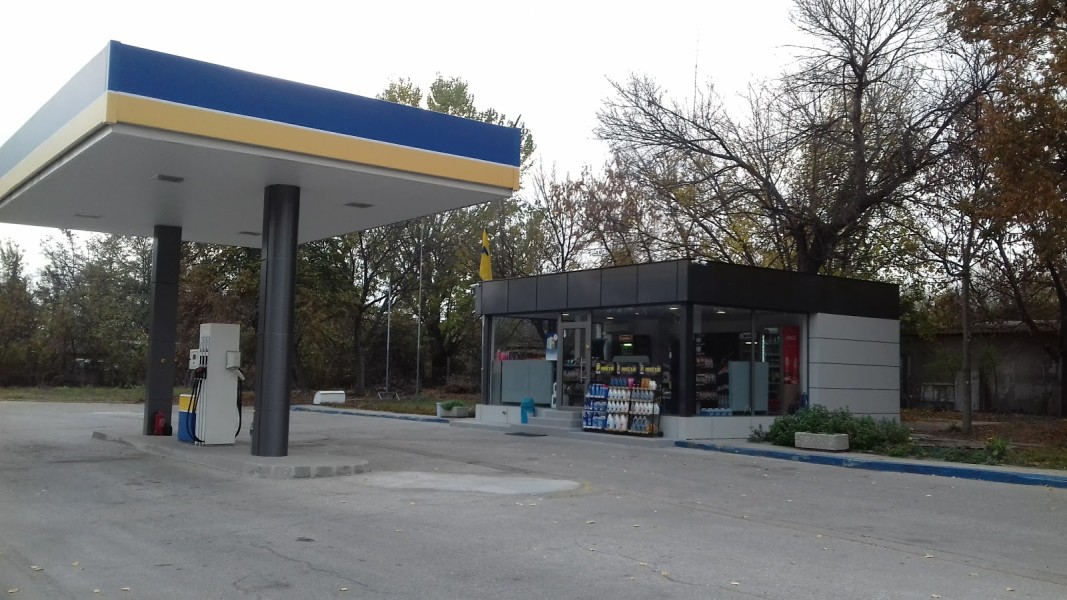The European Commission’s intention to impose an embargo on Russian oil, effective by the end of the year at the latest, has sparked strong reactions. Hungary’s Prime Minister Viktor Orban called it an “atomic bomb” on the country’s economy, while according to a European Commission source, quoted by Reuters, Cyprus, Greece and Malta expect the European Union to take into account their concerns over the planned EU ban on transporting Russian oil, as the plans call for a ban on purchases and prohibit the shipping industry based in EU member countries from handling Russian oil.
Bulgaria on its part is insisting that it be given a two-year deferral before imposing the ban on the country’s territory. This country is dependent on Russian oil which is refined in Burgas, explained Radoslav Ribarski, chair of the National Assembly’s energy committee in an interview with bTV. “This keeps fuel prices at their current level. Throughout Europe they are much higher,” Radoslav Ribarski said, and added that Bulgaria will veto the EU-wide embargo on Russian oil if it is not given a two-year deferral.
Against this background representatives of small petrol stations in the country have been sounding the alarm that they may face bankruptcy. “At this point there is no fuel supply crisis. But if their rising prices can be called a crisis, then yes, there really is a crisis,” Rosinka Bachvarova, owner of a petrol station in Burgas said for BNR-Burgas. She explained that a few months ago, the oil refinery had stopped the wholesale price discounts.

“At the moment small petrol stations have been hit hard, or are struggling to survive. This is due to the high prices and the very low margin they maintain. At this time, for diesel at my petrol station, it is 4 stotinki per litre. Imagine how many litres I have to sell to pay salaries, rent, utilities like electricity, water, things that have to be paid every month. In the last month the price of one litre of fuel has gone up by 20 whole stotinki. The low margin is due to the fact that the large petrol station chains are also working with a minimum margin. I am sure they too have a minimum profit, or none at all. And that, I presume, is due to some kind of arrangement with the government.”
As things now stand, small petrol stations have no alternative, Rosinka Bachvarova says, and adds that very soon the big players in the branch are going to find themselves in the same position. She believes that the only alternative is to import fuels. But she says she does not know how and whether that is going to happen at all, as there are hindrances in the legal regulations:
“To import fuels, a company has to meet various criteria, and they are very difficult or almost impossible to meet. That is something only a big company is able to do. I do not believe the government is going to offer any alleviations. Its only options are to reduce excise duty or VAT, or to put a price cap in place.”
But Rosinka Bachvarova is not optimistic, as a price cap would require additional state subsidies for traders. But VAT and excise duty are the main sources of revenue for the budget and the country is hardly likely to give them up. This means there can be no financial relief for consumers of the costly fuels.
“The rise in fuel prices can only be checked if the war in Ukraine ends,” Rosinka Bachvarova says further. In her words the only scenario that would be worse is an embargo on Russian oil.
Interview by Svoboda Atanasova, BNR-Burgas
Editing by Elena Karkalanova
A Bulgarian company is expanding its production of laser cutting machines in the Sofia-Bozhurishte Industrial Park, the Ministry of Economy announced. The investment is worth 2 million leva (over 1 million euros). The company will build a new..
The tariffs imposed on European goods by the Trump administration are expected to have both direct and indirect effects on Bulgarian exports. The Ministry of Economy and Industry has calculated the direct impact at €468 million, while..
The Celestial Empire, the “world’s factory”—that is China, the globe’s second-largest economy. The Asian powerhouse is actively expanding its economic reach worldwide, with the Belt and Road Initiative as the apogee of these efforts, through which..
Bulgaria will receive EUR 7.4 million in aid from the European Commission to support farmers affected by adverse production conditions in recent months,..

+359 2 9336 661
